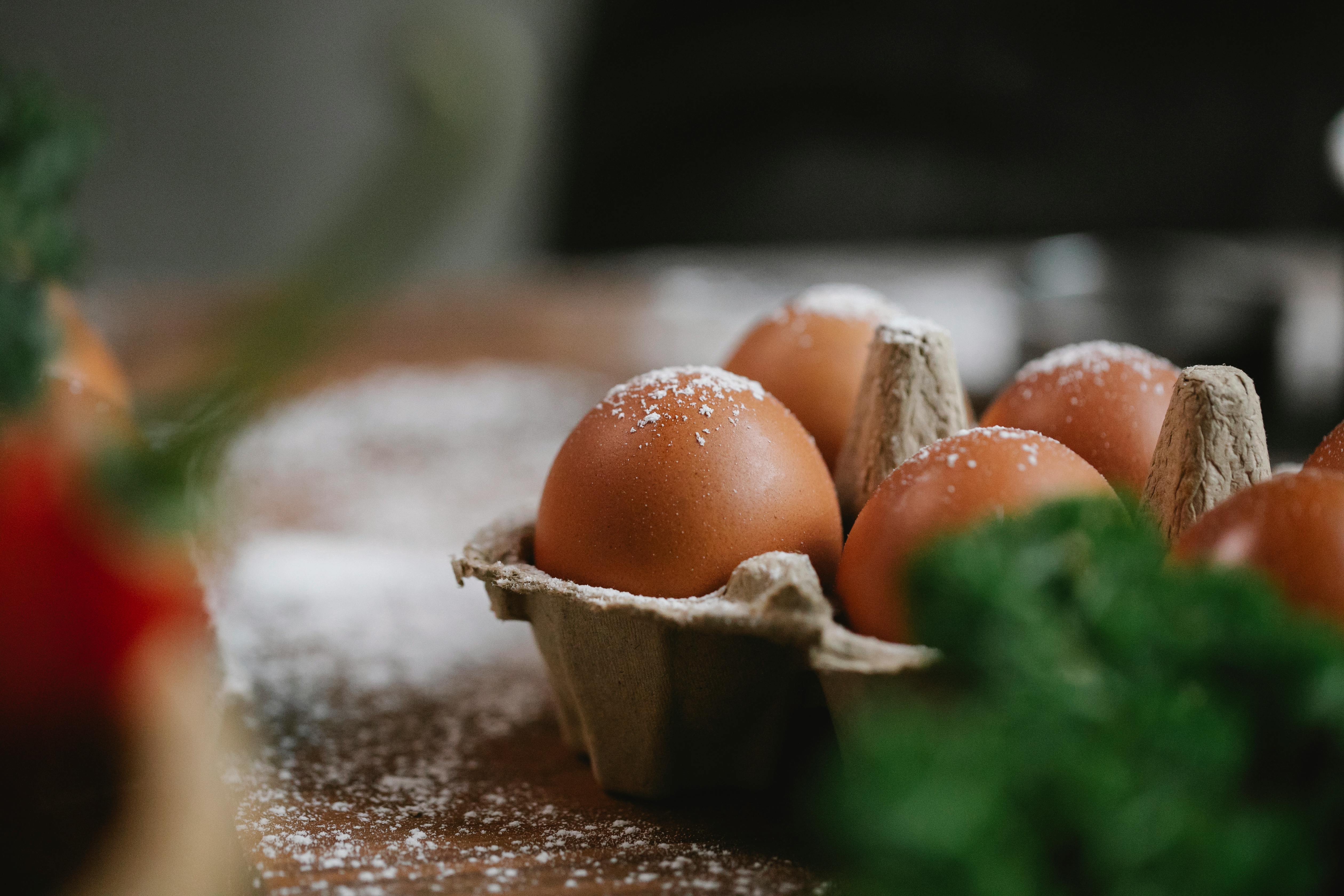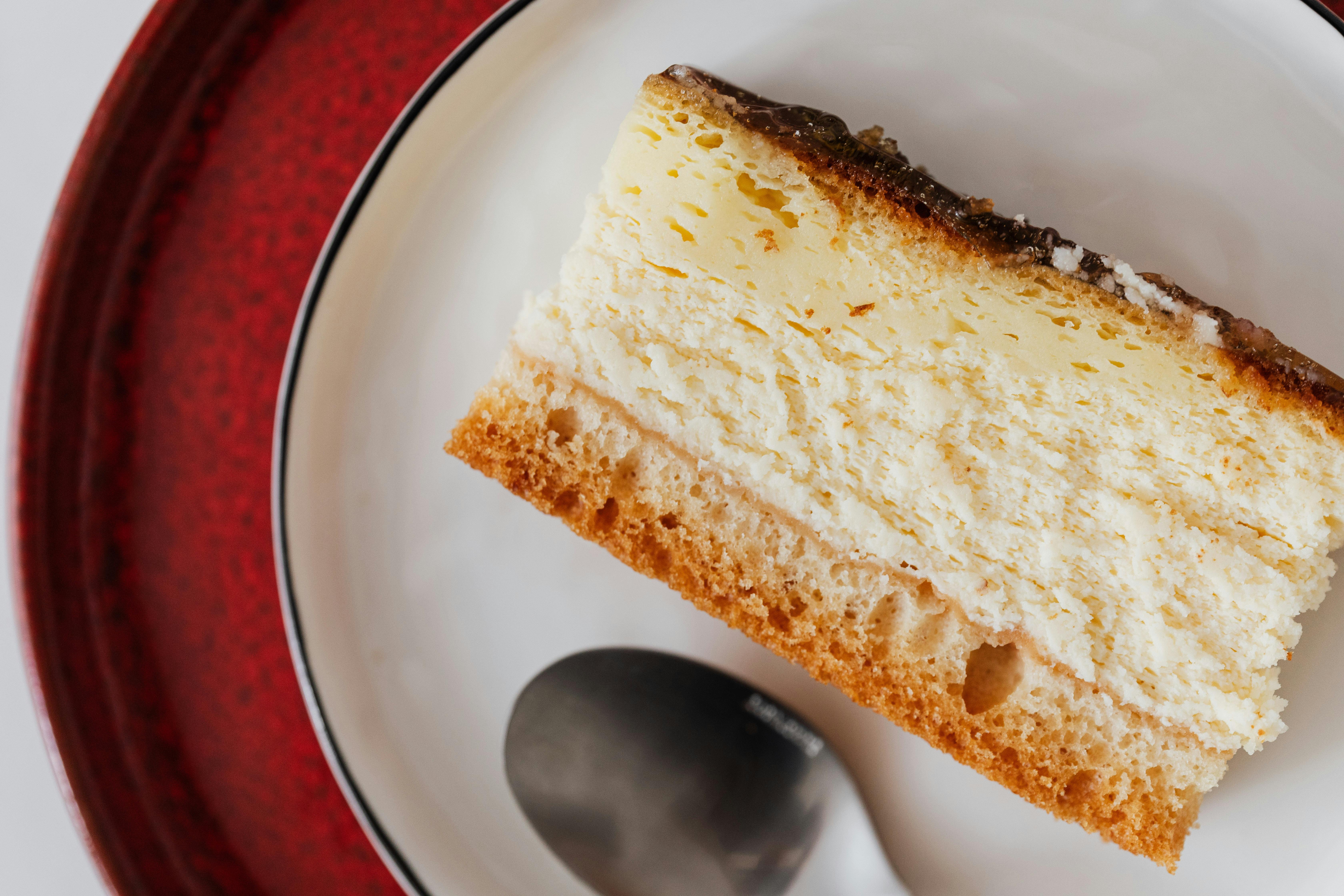Do you consider yourself an average cook, a good cook, a great cook, or even a Master Chef?
Regardless of where your cooking skills fall, I can show you how to improve both your skills and your belt.
So, what is the great secret of distillates? Well, there are several reasons why the quality of your dishes will improve by using distilled water in their preparation and especially if you currently use tap water.
Cooking and baking with tap water
Imagine you were about to bake fresh bread like in the recipe below…
You have everything you need for this task organized and arranged on the kitchen counter. Suddenly a complete stranger walks in and starts adding unknown ingredients to the bowl and leaves. He had noticed a skull and crossbones label clearly displayed on each of the ingredients. What would you think and how would you react? Would you just ignore what you know, bake the bread, and eat it? Those additional ingredients are listed in the recipe below.
Freshly Baked Sourdough Artisan Bread
- 1 cup of lukewarm water
- 1 packet of active yeast
- 1 teaspoon salt
- 1-1/2 tablespoon sugar
- 1 tablespoon butter
- ¼ cup of milk
- 3 cups flour Additional: Optional* Ingredients
- arsenic for flavor
- nitrates and pesticides
- pinch of pharmaceuticals
- bacteria, viruses, cysts
- general purpose chemicals
- teaspoon of heavy metals and lead
- double in 1 cup decaying plant and animal matter
- chlorine to taste
- sprinkle of THM, HAAS, chlorite, bromate
So you wouldn’t eat the bread? In reality, when you use tap water from almost any city water supply for any recipe, you need to know that those additional “optional” ingredients will be added if you use tap water. So what is the point? If you don’t want your food to have a harmful and carcinogenic extra harshness, prepare it with distilled, baked and cooked. You can actually expect the food to taste more like it’s supposed to.
Preparing food, baking and cooking with distillates improves the taste of food and will even improve the appearance of food. With the purity of distilled water, and being a natural solvent, nitrates or pesticide residues are effortlessly rinsed from vegetables and fruits.
When you use tap water to reconstitute fruit or vegetable juice, chlorine and other chemicals affect the taste. So too, with coffee and tea… distilled water is pure, odorless and tasteless; so whatever you add to it, that’s the only flavor you experience. So, for better tasting juices, coffee, and tea, you’ll find that the flavor is greatly improved with distilled water. Distillate is what was originally extracted from the fruit to concentrate it, and there is nothing in the distillate that will alter the flavor. You can actually use additional water, get the same flavor, and make it last longer.
The best tasting coffee in the world comes from using pure, clean, healthy and tasteless distilled water. Less tea and coffee is required when using distilled water because pure water filters more coffee and tea out of the product, so less is required to get the same flavor. Distilled reduces the cost of the drink by up to 25% Although it will be lighter, the richness of the flavor will prevail; let alone a bitter taste.
best ice cubes
There is a very noticeable difference in distilled water ice cubes. Not only are they crystal clear, but they are also harder and last longer as there is no inorganic matter to make them melt faster.
Reconstitution of fruit and vegetable juices
When concentrated fruit and vegetable juices are reconstituted using distillates, not only do they taste fresh, but you can also add 20-25% more distilled water and make it more stretchy while retaining the natural flavor. Because the distillate is so pure, whatever you put into it, that’s the only flavor you’ll get. This is because there are no contaminants to alter the taste or chemistry like in tap water. It tastes much closer to the original fresh product. It is also possible to stretch the volume of your finished drink by using distillate to reconstitute it.
cook vegetables
Distilled water will not subject vegetables to contaminants, unlike tap water. Vegetables like potatoes, broccoli, asparagus, and cauliflower retain their natural bright colors. Soups made with spirits are incredibly tasty.
Seed germination with distilled water
When germinating various grains, seeds, and all kinds of beans, distillation will be much more effective than tap water in germinating. It will take place much faster, without contamination, and it will stay crispier and fresher for longer.
distilled water for baking
The texture of baked goods made with distillates is smoother. Since the distillate is so pure, the flour absorbs more than tap water. The finished product will also taste better and be free of impurities. Various cakes, breads, pancakes, and pizzas are dramatically affected by distilled water.
Canned Fruits and Vegetables
Canning with distilled water results in better tasting vegetables and fruits and their original color and texture will be retained. Also, because the water is pure and sterile, the jars seal better, resulting in a lower rate of spoilage.
pasta products
Pasta of all kinds, rice and cereals will absorb distilled water more easily than tap water. These types of products absorb distilled water more easily than tap water, resulting in a better texture and less stickiness.
Dehydrated food and distilled water
In the process of dehydrating fruits and vegetables, the naturally existing distillate was removed by continuous exposure to low heat. Therefore, it stands to reason that distilled water is ideal for reconstituting it. Because the distillate is so pure, it can pass through the walls of dry foods more effectively than water that contains inorganic matter and contaminants.
Mixed Drinks
Obviously, mixed alcoholic drinks taste much better with distilled ones. As with everything else, less alcohol is required to achieve the same results. Alcohol sometimes interacts with many of the contaminants in tap water, such as chlorine, THMs, and pharmaceuticals found in most municipal water supplies to create dangerous compounds.
So use distilled water in the preparation of your next dish and be amazed at how the flavors actually come from the ingredients you’ve added and not from some mysterious source like tap water.




